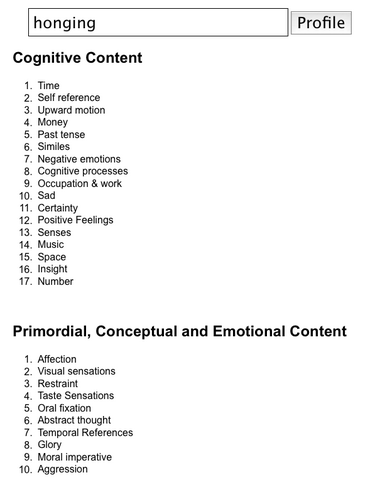A few weeks back, I was chatting with one of my really good friends from NC about her job situation. She's in the engineering (not in software, but in the real "building stuff" sense) and works for a company which is contracted to build things. (There are a lot of similarities between her company and MindTouch if you ignore the fact we build completely different things - we both have an engineering culture, which is contracted to handle custom solutions, so I was digging for information on how her company handles PM, but couldn't clean anything worthwhile)
She was complaining about the new manager in her division - apparently this guy was one of the top technical engineers for projects, and management saw fit to promote him to lead her division. This lead to a classic Peter Principle: "In a Hierarchy Every Employee Tends to Rise to His Level of Incompetence."
The guy, while very technically talented, was utterly incompetent at leading groups of people. For example, he led a disastrous effort to reshuffle the seating organization of the office (this, at a company where some people have worked at the same cubicle for a decade!). To me, this reeks of an ego trip that served no purpose and was a total WTF. There were other specific examples which slip my memory, but the most telling sign of this guy's incompetence was that my friend told me that people would go out of their way to sabotage his orders. Wow. This is a clear failure of leadership.
As I first listened to her gripes, I sort of kept quiet and absorbed the information. Then, I started giving my thoughts on the topic, and it came off rather caustic and unforgiving ... enough that after a while, she started defending him cause she felt bad for him.
I thought this was rather interesting - I have a tendency to defend the junior employees at MindTouch to a fault, but a shortcoming of somebody in a leadership position (even at a company I don't know!) and I'll drop those reservations in a flash.
It's possible my friend thought I was being a bit unfair (and maybe I was just projecting some of my former MT bosses leadership frustrations onto this poor guy), but to me, it was a pretty clear distinction.
Junior employees are allowed to screw up (as long as they learn from their mistakes). The company is investing in their future, and should be committed to the growth of their career paths. It's a mutual agreement - in return for a lower salary, junior employees should expect mentorship, career growth and a certain shielding from "shit from above." In my personal opinion (I know this differs a bit from what seems to be the thinking of others), I think it's also important that junior employees are forced to delineate their personal and professional lives.
I actually don't think it's hard to make a junior employee work long hours - it is much harder to get them to not work long hours but to achieve the objectives that are laid out for them. I believe it's a failure of management anytime I have to reach out of office hours to get work done - it means that (1) the employee is not being productive at work or (2) the company is not being efficient and simply has too much work. (1) is a failure of the manager, and (2) is the failure of the executive team. (A caveat: that's not to say I'm averse to asking people to work extra - there are situations, like launches or product releases, that I expect everybody to achieve their objectives. But in return, they should know I am trying my very best not to make MindTouch their lives.)
Companies hire (or promote) people to senior positions with an expectation that they're able to lead. People who cannot lead should not be in senior positions - senior positions are too important to execution and morale within a company to let a bad person fester and destroy a whole division. Whole groups of people could spin their wheels around a leader who is indecisive and unwilling to step up and make a tough decision. It seems in situations like these, it's best to be as unforgiving as possible and "promote" (move) that person back into a position they can succeed in.
Of course, there's a difference between judging a leader for bad strategic decisions and incompetence. In my friend's case, the fact that the guy didn't have the support of his own team made it pretty clear it was a case of the latter - I think if a leader truly believes in a direction and inspires his team to go in that direction, but finds that was later wrong, that's ok - chalk it up to experience.















